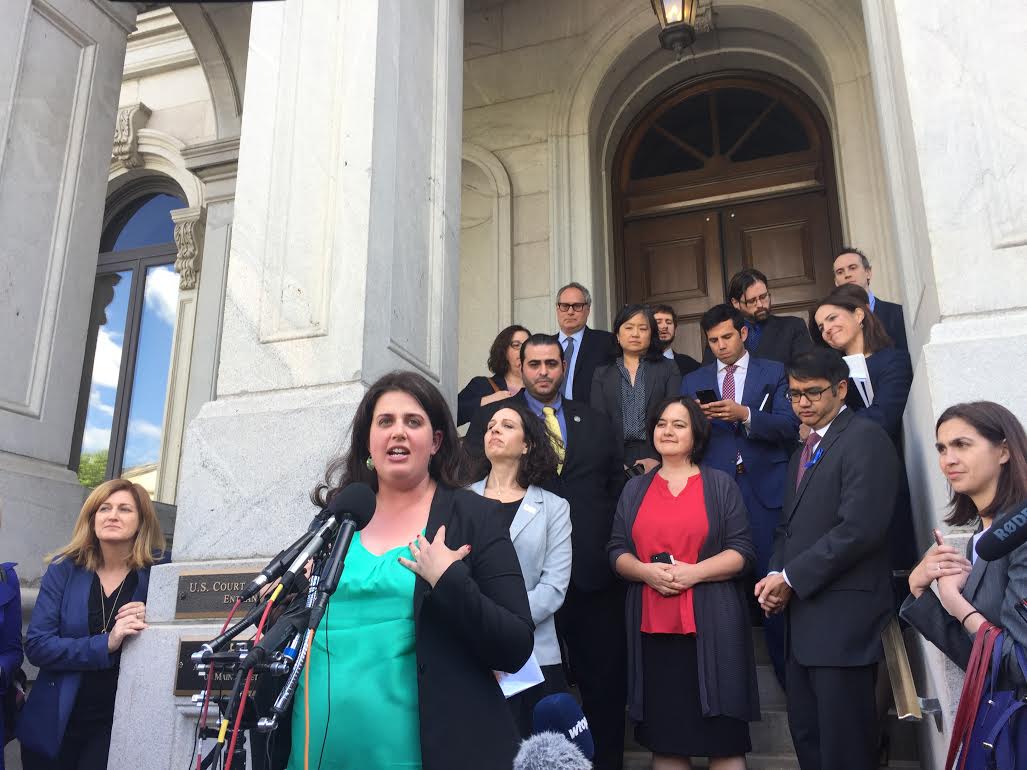

court challenging the New York TRUST Act, which gives Congress the right to obtain tax information on New York residents. After the court's ruling, Trump's team filed two legal complaints, both of which were rejected. The request was determined not to violate Article II or the Supremacy Clause of the United States Constitution. Supreme Court ruled 7–2 that the State of New York could issue a grand-jury subpoena of the President's financial records. The Supreme Court consolidated the case with Trump v. The subpoenas had been issued by the House Financial Services and Intelligence committees. Deutsche Bank et al. – Appeal lawsuit against the Deutsche Bank and Capital One Bank, seeking to prevent them from complying with the subpoenas issued to the company for Trump's, his adult children's, and his businesses' financial records. The Congressional subpoenas related to these cases expired with the end of the 116th Congress on Janu and were reissued in the 117th Congress on February 23, 2021. The case was not resolved before the 2020 elections. Supreme Court decided 7–2 to send the case back to evaluate the worthiness of the subpoena request. Trump appealed to keep his financial information private. House of Representatives had subpoenaed the Mazars accounting firm to provide Trump's tax returns.

See also: List of pending United States Supreme Court cases


 0 kommentar(er)
0 kommentar(er)
